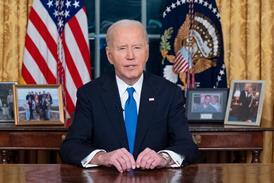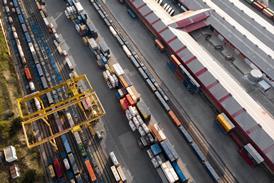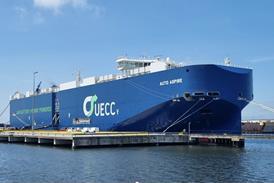
What the Freight Transport Association has called “an absolute betrayal of the logistics industry,” in the form of December’s 2.5 per cent increase in fuel duty in the UK, has added to the woes of an already debilitated car carrier industry there.
The fuel duty, which is coming in two waves, could hit the UK logistics sector with a bill of more than £500m according to FTA estimates, something car carriers are going to feel all the more given the recently announced 25 per cent drop in car production.
Speaking about the increases, Ian Brown, Deputy Managing Director of car carrier STVA, said: ”The fuel duty increase is an additional burden which the transport industry, already a low-margin business, will struggle to absorb as customers themselves are in a cost-cutting process to enable survival. Recovery of the duty increase from customers ultimately means price increases to consumers. Given the financial constraints facing the consumer every price increase deters spending, so the fuel duty will worsen the chronic economic situation faced by the automotive industry."
According to the Chancellor, Alistair Darling, December’s rise was to be offset by the cut in VAT to 15 per cent, effectively keeping diesel prices the same as they were before the announcement. However, commercial fleets are able to reclaim VAT rebates on diesel but not fuel duty.
The 1.84p per litre rise planned for April 2009 will see costs rise even further next year and by then could total 3.84p per litre.
FTA spokesperson Jo Tanner commented: "With the Chancellor's fuel duty increase coming into effect this month, many of FTA's members, and those within the support industries, will be vulnerable. Our own figures show that the duty hike equates to an extra £533m that has to be found from somewhere, and with fewer goods being moved around the country, this is going to be increasingly difficult.”
A similarly vexed Road Haulage Association wrote to the Office of Fair Trading last week in an attempt to find out why diesel fuel prices remain at a premium above those of petrol, despite the drop in oil prices from a high of $143 per barrel to around $50. “It must be because demand has reduced as a result of a slow-down in global activity,” said RHA Chief Executive Roger King. “The UK haulage fleet alone is not doing the mileage it was earlier this year and many of our members have confirmed that they have 'mothballed' trucks as the recession reduces economic activity.
"So why haven't diesel prices come down to their traditional parity level with petrol? We believe that the OFT should ask some searching questions and we have asked them to do just that."


























